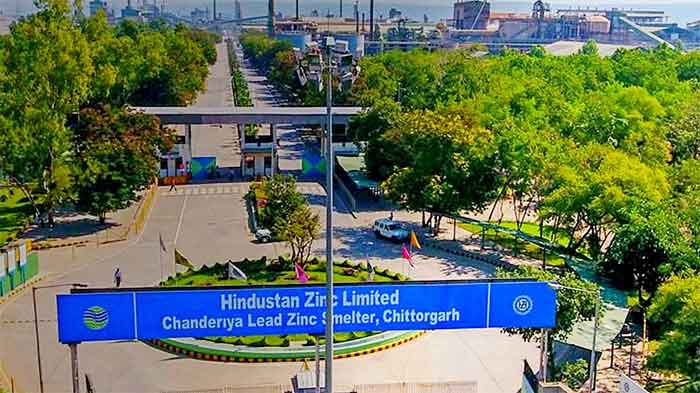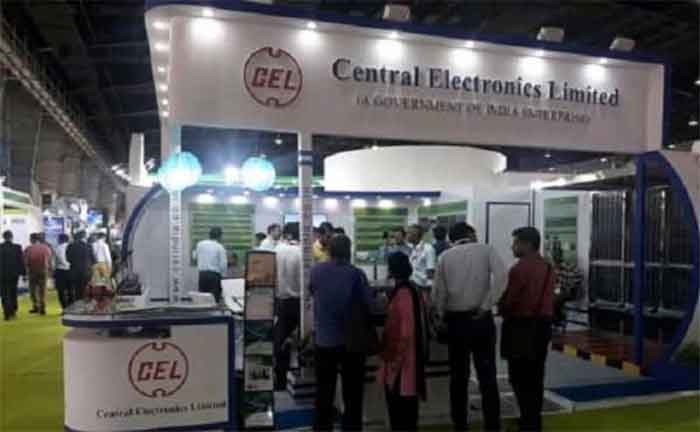Letter to State Chief Ministers
Respected Chief Minister,
I have addressed you through a series of letters on the need for the States to form a “Federal Front” to persuade the Centre to respect the idea of cooperative federalism and ensure that the States’ autonomy as provided in the Constitution is fully safeguarded. My last letter on the subject may be accessed at https://countercurrents.org/2022/09/increasing-threat-to-federalism-from-centrally-sponsored-schemes-need-to-form-a-federal-front
In recent times, the States have witnessed intrusive moves by the Centre in many areas that legitimately belong to the States. The farm Bills and the electricity bill, both unilaterally introduced in the past in the Parliament by the Centre, had to be withdrawn, when both the States and the farming communities across the country resisted. This was short lived, as the Centre has once again unilaterally introduced the electricity bill in the Parliament, violating its own assurance that it would consult the States, the farmers and the other stakeholders beforehand.
Even though Section 11 of the Electricity Act, 2003 empowered the Centre to issue directions only to generation utilities under its control, the Union Ministry of Power has issued several directions of late that impinge on the States’ power utilities. The Centre’s directions to the State utilities to absorb renewable energy and mandatorily import coal, have imposed an undue cost burden on the States. though the coal crisis in itself was the outcome of mismanagement of coal supplies by the Centre,
More recently, Niti Ayog/ the Centre have initiated questionable moves to facilitate private companies making an entry into State-run district hospitals, without appreciating the pivotal role played by such hospitals in providing an extensive social security cover for the poor in the health sector. In this connection, I have separately cautioned Niti Ayog, under intimation to the States, not to rush into changing the character of the district hospitals. (My letter may be readily accessed at https://countercurrents.org/2022/10/induction-of-private-agencies-in-district-hospitals-an-imprudent-step/?swcfpc=1)
While there have been several such instances in which the Centre has tried to intrude into the legislative/ executive domain of the States, the latest move comes with the Centre making efforts to expedite disinvestment of the State PSUs, on lines similar to its own contentious approach to privatising the Central PSUs. (https://www.hindustantimes.com/cities/delhi-news/govtmaycommissionstudiesondivestmentofstaterunfirms-101666725381794.html)
The States are fully aware that the Centre’s unilateral action to privatise its own PSUs and monetise their lands, without taking the States into confidence, has indirectly affected the interests of the States in several ways.
Privatisation of the Central PSUs amounts to doing away with reservations of employment for the SCs/STs/OBCs, which will have long-term adverse socio-economic implications for the States. Reservations not only provide employment opportunities but also have the effect of empowering those discriminated against for generations. The Centre’s disinvestment scheme provides no guarantee for the existing PSU employees to continue in employment, which may create uncertainty in the lives of lakhs of Central PSU employees in the States. The PSUs being an “arm” of the State (Article 12) necessarily help the State in discharging its welfare role as envisaged in the Directive Principles. Privatising them will therefore adversely affect the welfare of the people, which should cause concern to the States.
It was the States that originally acquired lands for the Central PSUs under the erstwhile land acquisition law, which enabled them to acquire lands for a “public purpose“, a term defined as for an undertaking wholly owned/ controlled by the State. As such, it would be prima facie illegal for the Centre to privatise its PSUs whose main land assets are subject to this provision. The Centre’s move to privatise its PSUs and monetise their surplus land assets thus amounts to an illegality. Moreover, considering the pivotal role played by the States in providing land to the Central undertakings at nominal prices, maintaining the law and order environment for the Central PSUs to enable them to function smoothly, nurturing auxiliary industrial complexes to provide support to the PSUs in their operations and so on, the Centre ought to have taken the States along with it as co-partners, in its privatisation effort.
Though Niti Ayog and the Centre are trying to convince the States that privatisation of the State PSUs would be beneficial, the Centre’s own experience so far in this is far from being satisfactory (https://countercurrents.org/2022/10/dipams-failure-in-handling-disinvestments/?swcfpc=1).
For example, a few months ago, the Centre had tried in an undue haste to privatise two of its valuable PSUs, namely, the Central Electronics Ltd (CEL) and Pawanhans, and both the exercises had to be aborted, after the Union Cabinet approved the selection of the successful bidders, when there was a public outcry against several irregularities that came to light. Had these two infamous deals been allowed to go through, both these valuable PSUs would have slipped into the hands of private entities having no capacity whatsoever to run such undertakings, that too, at abysmally low prices!
In view of such a sordid experience, it is not appropriate for the Centre to force its own dubious disinvestment model on the States.
Moreover, by privatising their PSUs, the States will not only lose control over them but also allow that space to be occupied by the Centre, which in turn regulates private companies through the provisions of the Central legislation, the Companies Act. The States are also aware as to how the Centre has progressively enlarged its grip on private companies by precluding the States from laying their claim over the CSR funds earmarked under the Companies Act and introducing many non-transparent ways to channel political contributions from private companies to the detriment of political parties not in power at the Centre, as most political contributions are linked to quid pro quos from the political executive at the Centre.
Keeping in view the inherent cultural and regional diversity among the people, the framers of the Constitution had consciously provided a well-defined quasi-federal structure in the Constitution, for the Centre and the States to work together, supplementing each other’s role, not one trying to intrude into the domain of the other. They would never have imagined that the Centre would try to occupy areas that belong to the States, thereby changing the basic character of the federal structure at the cost of the States. It is in that context that the States should collectively bring pressure on the Centre and persuade it to preserve the federal structure in which both could function in a mutually beneficial manner. The Centre should realise that its strength lies in the collective strength of the States.
Against this background, may I appeal to you once again to consider creating a common platform on which they could discuss these concerns together and take up the same with the Centre?
Regards,
Yours sincerely,
E A S Sarma
Former Secretary to Government of India
Visakhapatnam













































